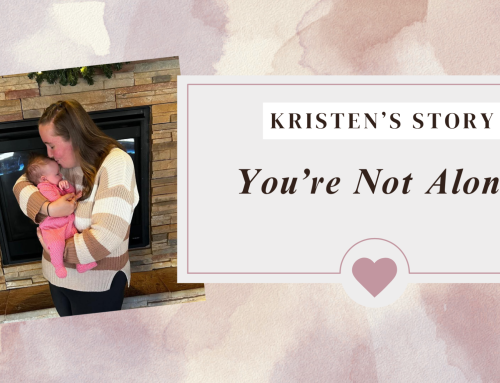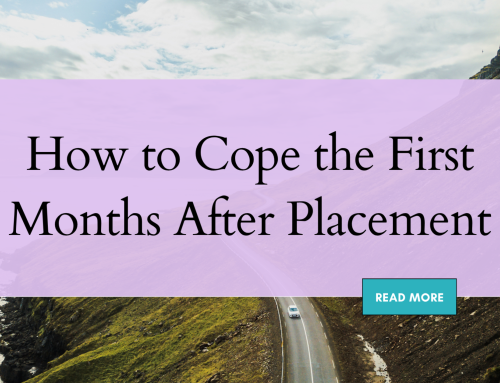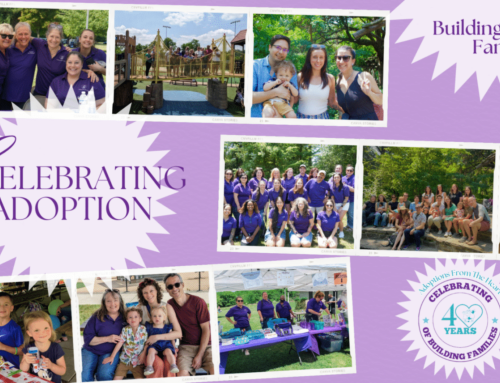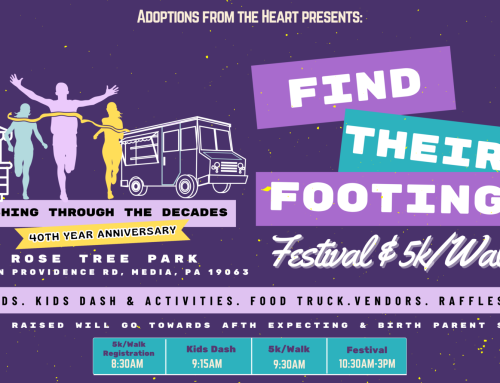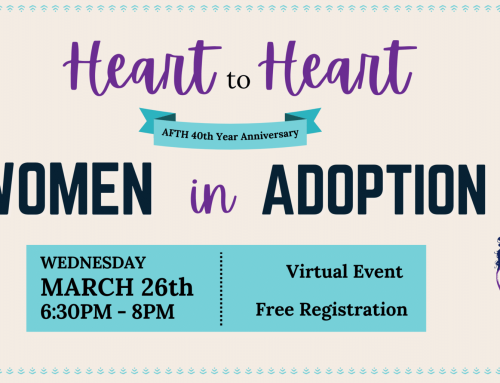
One of our Wynnewood, PA marketing interns recently got the chance to interview one of our Connecticut interns about her own adoption! Hearing an adoption story firsthand is always interesting because each one is so unique!
Katie: Did you always know you were adopted? If so, did that make you feel any different growing up?
Elizabeth: I always knew I was adopted. My parents always had very open conversations about it with me for as long as I can remember. Growing up I never thought it made me any different from anyone else because when you’re a child you don’t have a concept of genetics or the fact that parents resemble their biological children. All I understood was that the people who took care of me were my parents and nothing else except that was important to me.
Katie: How old were you when you were adopted?
Elizabeth: I was adopted when I was about 6 months old from Siem Reap, Cambodia. My mom and my grandma flew to Cambodia to come and get me. It was a whirlwind trip because the country of Cambodia was still amidst a civil war. A dictator Pol Pot who commanded the Khmer Rouge was still dictator of Cambodia at the time. He executed many of his own people and the conditions were very poor. Cambodia was not a safe place to be, which is why my grandma and mom had to get in and out of the country with me as fast as they could.
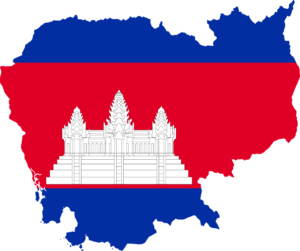
Katie: How did you process the idea that you had a birth family?
Elizabeth: I think the idea that I had a birth family was interesting because my family is not only the one I know now, but I am also a part of a family I have never met before. As I get older I find myself wondering about my adoption and my birth parents more. I don’t often run into people that are from Cambodia like me and I always wonder if they look like me, and how much alike my birth parents and I are.
Katie: Have you ever met your birth mother/father?
Elizabeth: I have never met my birth parents.
Katie: Was it an open or closed adoption? If it was a closed adoption, have you ever considered searching for your birth parents? If it was an open adoption, do you have a relationship with your biological parents?
Elizabeth: I guess you could say I had a closed adoption. Cambodia lacked appropriate records because they were in the midst of a civil war, and I have no idea what my birth parents’ names are or how I would go about looking for them. In reality I know they are probably dead because of the violent conditions in that were happening in Cambodia.
Katie: Do you have any other siblings that were adopted?
Elizabeth: I have a sister that was adopted from Wuhan, China. She was also about 6 months old when she was adopted in 1995. I don’t think of her as any less of a sibling than I would if she were biological; People actually say we look alike too! I grew up with her and she is my big sister, it’s as simple as that.
Katie: How was adoption discussed in your home as you grew up?
Elizabeth: Adoption was never something we had this big elaborate sit-down talk for. As long as I can remember I always knew I was adopted. My moms would read me and my sisters books about adoption to help us understand what it was and how it was different from a biological family. Each year my family and I celebrate mine and my sister’s adoption day like a second birthday. This was pretty cool to me as a kid because none of my other friends had an adoption day and it made me feel special.
Katie: Did you ever go through a phase where you had some resentment or were upset about being adopted?
Elizabeth: I would never say I resented being adopted, because I love my family more than anything. But I always have to wonder the reason why my parents gave me up? This is something I will never have the answer to but that doesn’t stop me from thinking about it.
Katie: Do you have any friends/relatives, etc. that were also adopted?
Elizabeth: I have a few relatives that were also adopted from Guatemala. I also have a family-friend that was also adopted from Cambodia, but is two years younger than me.
Katie: Would you consider adopting a child of your own someday?
Elizabeth: I would definitely consider adopting a child of my own someday, but I also feel a strong need to have biological children of my own. I think this has to do with the fact that I am adopted and do not know anyone biologically related to me. Therefore, having at least one biological connection in my life is extremely important to me.
Katie: What advice do you have for adoptive parents or adoptees?
Elizabeth: Advice that I would give to adoptive parents would be to have consistent and open conversations about adoption with their child. There is so much literature that has been found to highlight the importance of strong family communication to promote healthy development in your adopted child. I would also tell them that you can’t treat adoption the same way a parent treats biological children. Many adopted children go through a number of pre-adoption adversity which can include malnutrition, lack of medical resources, trauma, and poor socialization and opportunities to develop a healthy attachment with a caregiver. A few months after coming home I would sit up in my crib in the middle of the night and call out for my mommy. Each night she would come in so I could tell her I love her and went back to sleep. This went on for months, but each night my mom would come into my room whenever I called out for her. Some people might have seen this as something a parent shouldn’t do because it could create a bad habit. However, my mother understood that I needed the security and consistency to make sure someone was there for me when I called out. This action in itself is what it means to be a parent. It doesn’t necessarily mean carrying a baby and birthing it, but the way in which a parent shows compassion, empathy, and love towards their child.


